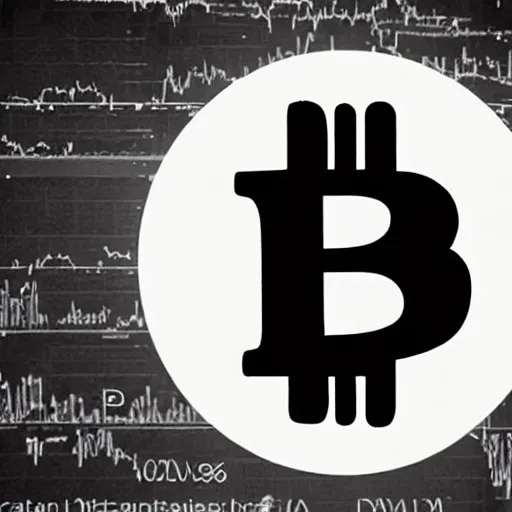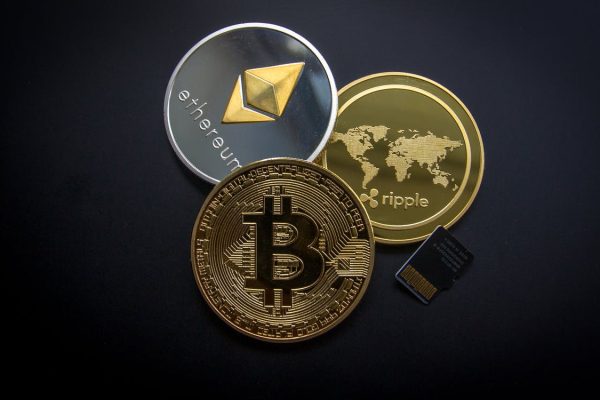The rapid ascent of Bitcoin, a decentralized digital currency, has ignited a fervent global discourse on the intersection of power, property, and freedom. To fully appreciate the significance of this discourse, it is essential to understand the origins of Bitcoin and its disruptive potential in the realm of finance and beyond. If you are interested in crypto, you may want to know about the Tale of Bitcoin.
Table of Contents
Bitcoin and the Quest for Financial Freedom
Bitcoin was born out of a desire to challenge the traditional financial systems that have long been dominated by central banks and financial institutions. It emerged as a tool to empower individuals with financial self-sovereignty. The decentralized nature of Bitcoin means that no single entity, whether a government or a corporation, can control or manipulate it. This decentralization has significant implications for personal financial freedom.
In countries facing economic crises, hyperinflation, or oppressive financial regimes, Bitcoin has become a lifeline. Venezuelans, for instance, have turned to Bitcoin to preserve their wealth as their national currency, the bolívar, plummeted in value. In situations like these, Bitcoin offers a means of escaping the grip of failing financial systems and safeguarding assets.
Bitcoin as a Store of Value
Bitcoin’s evolution from digital cash to digital gold has been a remarkable journey. Originally conceived as a peer-to-peer electronic cash system by its mysterious creator, Satoshi Nakamoto, it has morphed into a robust store of value. This transformation was driven by its unique features, including its capped supply of 21 million coins and its deflationary nature.
Comparing Bitcoin to traditional stores of value, such as gold, reveals fascinating dynamics. While gold has been a store of value for millennia, Bitcoin offers advantages like ease of transfer, divisibility, and portability. Moreover, Bitcoin’s scarcity, ensured by its underlying blockchain technology, has garnered comparisons to the precious metal.
Bitcoin’s Impact on Property Rights
Bitcoin’s blockchain technology is not limited to facilitating peer-to-peer transactions. It has opened up new frontiers in the realm of property rights. Smart contracts, powered by blockchain, enable the creation of self-executing agreements without the need for intermediaries. This innovation holds the potential to revolutionize how we define, transfer, and enforce property rights.
Imagine a world where property deeds, wills, and contracts are securely stored and automatically executed on a tamper-proof blockchain. This would eliminate the need for costly legal processes and intermediaries, streamlining property transactions and safeguarding ownership records.
Bitcoin’s Disruptive Potential in the Banking Sector
The rise of Bitcoin has forced traditional banking institutions to reckon with a new paradigm. Bitcoin challenges the core principles of banking by offering an alternative financial system built on decentralization, transparency, and cryptographic security.
Cryptocurrency exchanges, acting as intermediaries in the Bitcoin ecosystem, have witnessed explosive growth. These platforms enable users to buy, sell, and trade cryptocurrencies seamlessly. They have become a focal point of innovation and financial inclusion, allowing access to the global economy for anyone with an internet connection.
However, this disruptive potential has not gone unnoticed by regulators and governments. The regulatory landscape surrounding cryptocurrencies is still evolving, with authorities striving to strike a balance between fostering innovation and protecting consumers.
Bitcoin and Geopolitical Power Dynamics
Bitcoin’s borderless nature has made it a pivotal player in international finance and geopolitics. Its potential to disrupt established monetary systems has garnered attention from governments and central banks worldwide.
Some countries, like El Salvador, have embraced Bitcoin as legal tender, signaling a shift away from traditional fiat currencies. Meanwhile, others have taken a more cautious approach, imposing stringent regulations on cryptocurrency use.
Bitcoin has also become a lifeline for individuals in countries facing economic sanctions, allowing them to access international markets and preserve their wealth. This has the potential to reshape global power dynamics by reducing the effectiveness of economic sanctions as a tool of coercion.
The Ethical and Philosophical Dimensions of Bitcoin
Beyond its technological and financial implications, Bitcoin carries profound ethical and philosophical implications. It is grounded in ideologies of decentralization, individual empowerment, and financial autonomy.
The ethics of decentralization raise questions about the role of intermediaries and the concentration of power in traditional financial systems. Bitcoin challenges the status quo by redistributing power to the individual and the network.
However, these principles also come with responsibilities. The pseudonymous nature of Bitcoin transactions can raise concerns about illicit activities, prompting debates about the balance between individual freedom and societal obligations.
Conclusion
In conclusion, the ongoing discourse regarding Bitcoin’s influence on the dynamics of power, property ownership, and individual freedom is undeniably intricate and continually evolving. Bitcoin stands as a pivotal force, instigating a complete reevaluation of the future of financial systems, property rights, and personal autonomy on a global scale. This transformative process has already begun to reshape our fundamental perceptions of currency and property, promising to leave a lasting imprint on society in the years ahead. Within this shifting paradigm, it becomes imperative to explore innovative solutions, which have the potential to further empower individuals within this emerging financial landscape, allowing them to navigate this newfound terrain with greater confidence and autonomy.











